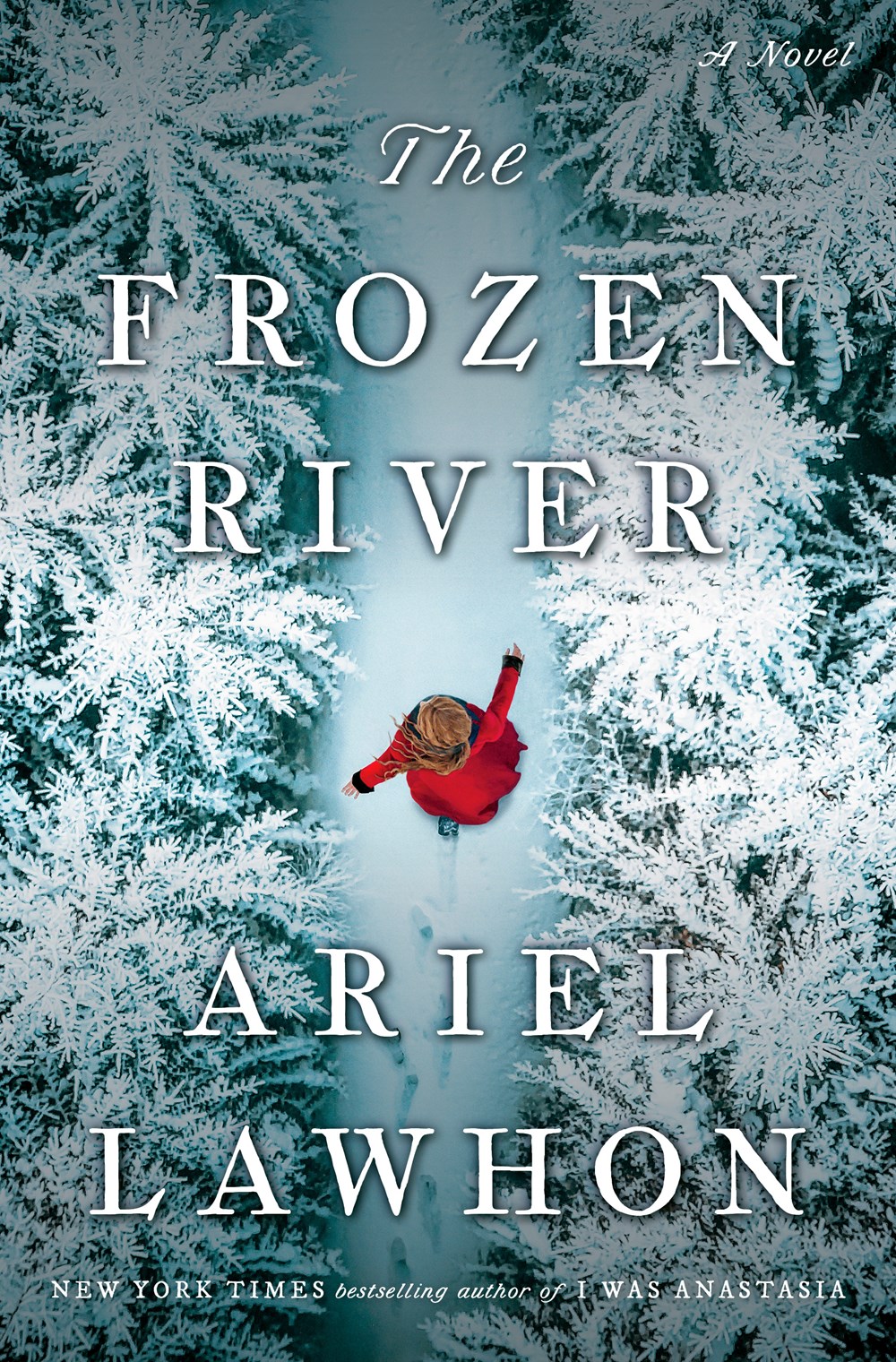The literary landscape is rich and varied, yet few novels manage to etch their significance as indelibly as Ariel Lawhon’s “The Frozen River.” This compelling opus intricately weaves together elements of history, mystery, and emotional resonance, thereby offering readers a multi-faceted experience. Within this review, we will dissect the various dimensions that this arresting narrative encompasses, ensuring that all potential readers have a comprehensive understanding of what awaits them in the pages of this novel.
First and foremost, readers can expect an evocative exploration of the historical context that serves as the backdrop for the story. Set against the harsh, unyielding environment of a cold, frozen river, the narrative invites curiosity about the historical events that shaped its characters. Lawhon adeptly draws on poignant real-life events, crafting a parallel between the personal journeys of her characters and the broader social and cultural upheavals of their time. This intertwining of historical accuracy with compelling storytelling fosters not only an engaging read but also a profound reflection on the human condition.
As the narrative unfolds, readers are introduced to a diverse array of characters. Each individual comes alive on the page, bearing distinct personalities, flaws, and dreams. One of the novel’s greatest strengths lies in its character development. Lawhon takes readers deep into the psyche of her protagonists, revealing their innermost fears and desires. This depth evokes empathy, allowing readers to form genuine emotional connections with the characters as they traverse through their turbulent lives. They will recognize their struggles as universals reflective of a broader human experience.
Furthermore, “The Frozen River” meticulously examines themes of resilience and survival. Throughout the novel, characters are confronted with adversities that test their fortitude. Lawhon illustrates their vulnerabilities and triumphs in a manner that is both raw and inspiring. The frozen river itself becomes a metaphor for the dichotomy of isolation and connection, a barrier that simultaneously separates and unites. Readers will be captivated by how these themes resonate not only in the characters’ lives but also within their own personal narratives, encouraging introspection and self-evaluation.
Moreover, the novel is punctuated by moments of suspense and intrigue, keeping readers on the edge of their seats. Lawhon’s narrative technique expertly employs cliffhangers and unexpected twists that propel the story forward. Just when readers begin to feel a sense of familiarity with the characters’ arcs, they are whisked away on a thrilling journey of discovery. This blend of anticipation and revelation enhances the reading experience, transforming each chapter into an exhilarating ride.
Visually, the descriptions throughout “The Frozen River” are nothing short of exquisite. Lawhon’s evocative language captures the stark beauty of the wintry landscape, painting vivid images that linger in the reader’s mind long after the last page is turned. It compels readers to vividly imagine the setting—the biting cold, the intricate designs of frost, and the treacherous beauty of the frozen river. This lush imagery not only enhances the overall atmosphere but also serves to augment the thematic explorations of hope and desolation embedded in the narrative.
In terms of pacing, Lawhon achieves an exceptional balance. The narrative oscillates seamlessly between contemplative moments of reflection and action-packed sequences that propel the plot forward. This rhythm ensures that readers remain engaged throughout their journey. Those who thirst for a leisurely experience will savor the intricate details, while those seeking adrenaline will find ample satisfaction. The result is a harmonious symphony of storytelling that caters to diverse reading preferences.
Additionally, “The Frozen River” invites deeper engagement through its thematic layers. It does not shy away from addressing societal issues such as isolation and community, as well as the moral complexities that often accompany difficult choices. This rich tapestry of themes provides fertile ground for discussion, making it an excellent choice for book clubs or literary circles. The novel provocatively asks readers to consider their values, beliefs, and the choices they would make when faced with dire circumstances.
Finally, it deserves mention that “The Frozen River” does not adhere strictly to traditional narrative arcs. Instead, it embraces a somewhat non-linear storytelling approach, inviting readers to piece together the fragments of time as they unravel the intricacies of the plot. This complexity adds to the overall depth, inviting readers to engage with the text actively and come to their own conclusions about the characters’ fates and motivations.
In conclusion, Ariel Lawhon’s “The Frozen River” is a gripping exploration that promises an enriching reading experience. From its historical foundation to its suspenseful plot, richly detailed character portrayals, and evocative prose, the layers of this narrative will undoubtedly resonate with readers across a myriad of backgrounds. This novel will leave an indelible mark, prompting deep reflection long after the final page has been turned. With its multifaceted approach, readers can anticipate not just a story but an immersive experience that will stay with them long after journeying through the frozen landscapes crafted by Lawhon’s remarkable imagination.
